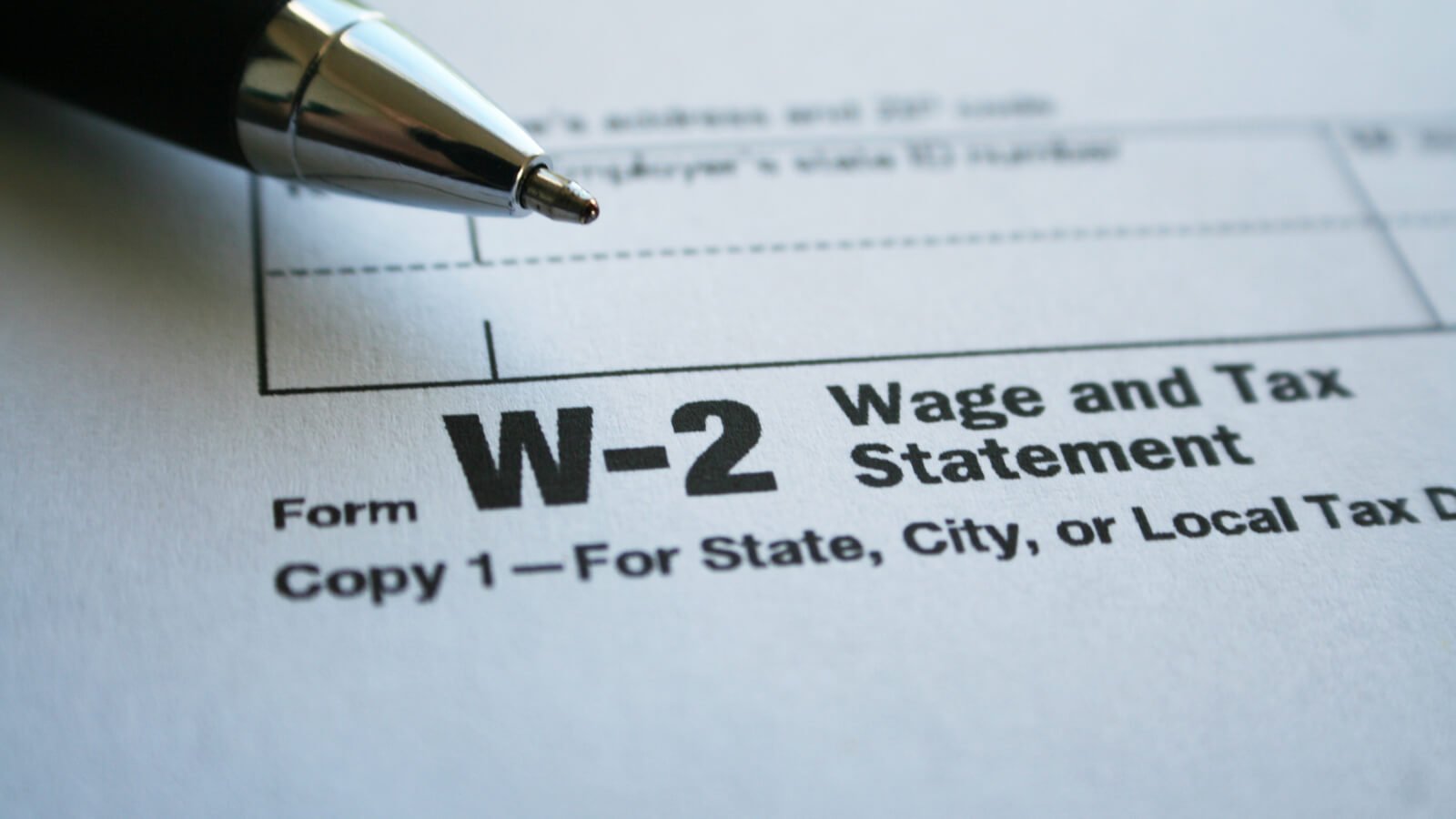You can’t file an accurate tax return if you don’t clean up your books.
Most people can file their tax returns with just their W-2 or 1099s in front of them. Business owners, on the other hand, need to thoroughly review their books before they can file their personal or business tax returns.
Your books need to be done — but more importantly, they need to be done right. That means your balances need to tie out, your loan principal and interest need to be separated, your inactive accounts need to be removed, and more. If your books aren’t clean and updated, here’s what can happen:
- You can overpay your taxes because you overstated your taxable income
- You can underpay your taxes (which lead to you paying more in penalties and interest)
- You’re more likely to be audited by the IRS
Your books don’t have to be spotless to avoid those repercussions — but they do have to be polished. You can still have books that are tax-season ready if you know what to look for, even if you’re doing your own bookkeeping.
Find out how you should be cleaning up your books before tax season below.
1. Tie out your balances on your balance sheet
Tying out your balance sheet means making sure every account on it is correct. You can verify some balances, like loans and credit card balances, by checking source documents like loan agreements and bank statements, respectively. You also need to check that items that may not have documents, like inventory or fixed assets, are correct.
2. Separate your loan principal from interest
Most loan payments consist of principal, which is the portion of your payment that pays down your loan, and interest. Your loan principal and interest are treated differently for tax purposes, so they need to be recorded separately in your books. Interest is tax-deductible, but principal is not. You can usually check how much you paid in principal and interest separately by visiting your lender’s website and pulling your loan statement.
3. Check that transactions are categorized correctly
Your books have different accounts that may be treated differently for tax purposes. Make sure that your transactions are in the right account — or your taxable income might be incorrect. You also have to check that the accounts you create are the correct type, like a bank account, asset, liability, or other type.
4. Remove inactive accounts correctly
When you pay off a loan or sell an asset, it should be removed from your financial statements correctly. That means recording them as paid off or sold — not as expenses or revenue, respectively. Paid off loans or sold off assets can be tricky to record depending on your situation, so check with your bookkeeper, accountant or CPA to learn how to do it correctly.
5. Record every transaction
Make sure you haven’t forgotten to record any transactions on your books — even seemingly minor ones. Omitting transactions might lead you to underreport or overreport your taxable income, which ends up being more costly. A common example is business expenses paid for on your personal debit or credit cards. Many business owners forget to reimburse themselves for those expenses or record those expenses as a loan to the business — which can prevent you from claiming deductions.
| 💳 Learn more about how you can keep your personal and business finances separated. |
6. Make adjusting journal entries
When you hand your books to a CPA or other tax preparer to do your tax return, they may give you adjusting journal entries when you get them back — which are lists of adjustments they’ve made for your taxes. Those changes affect your financials for the next year, so you need to make sure you’ve made those changes on your end. Some common adjustments you’ll likely need to make are for depreciation and amortization.
7. Check that fringe benefits are reported correctly
Some fringe benefits that aren’t typically reported as part of your salary may need to be reported on your W-2. This typically only applies to businesses taxed as S corporations.
Some fringe benefits, or any benefits you receive that aren’t part of your salary or distributions, need to be reported on your W-2 if your business is an S corporation and you own more than 2 percent of it. Common fringe benefits include health insurance premiums and company vehicle usage — both of which are considered taxable income to the individual.
8. Clean up your accounts receivable
Accounts receivable are transactions where you’re expecting money, like client invoices. Sometimes, a client or customer may not pay you. In those cases, you should adjust that account receivable as a bad debt expense. If you operate on accrual basis accounting instead of cash basis and don’t clean up your accounts receivable, it could increase your taxable income.
9. Clean up your accounts payable
Just like accounts receivable can be outdated, accounts payable might need to be updated as well. Those are anything outstanding you need to pay, like bills or rent. If there’s something that you recorded as due, but ended up not needing to pay for it, you need to remove it from your books. If you operate on accrual basis accounting instead of cash basis and don’t clean up your accounts payable, it could also increase your taxable income.
10. Check that your employee and contractor payments have been recorded
It’s easy to see how much you’ve paid employees with payroll software. However, if you have a contractor with an irregular pay schedule or aren’t using a payroll provider, make sure their payments were accounted for before you file your taxes. This also ensures that your 1099s are issued correctly.
Don’t wait until tax season to clean up your books
The purpose of keeping clean books isn’t to just do your taxes.
You should be cleaning your books on a regular basis — whether that’s weekly, monthly or quarterly — and checking if there are any issues so you could nip them in the bud. This saves you from the stress of spending days rushing through your books before tax season.
It could also cost you money if you wait until tax season to clean your books. You’re more likely to miss errors that affect your taxable income, or have to pay more for a CPA to do it for you.
Small business owners should understand that they’re not saving time by not looking at their books regularly. They’re actually spending more time on their books and taxes in the long run. If you don’t have the time to make sure your books are clean, it may be time to hire a bookkeeper. Not only can they do the work for you — they should be able to educate you on the whys and hows of bookkeeping to empower you and keep you in the loop.
The bottom line
You can’t file your taxes without having your business books cleaned up. Your books are key to determining your taxable income.
Some things you can do to make your books tax-season ready include removing inactive balances, tying out your current balances, separating your loan principals and interest, and more. This process can be a lot easier if you clean up your books on a regular basis — not just during tax season.
If you’re not sure what to look for or how to clean your books, schedule a free call with a DiMercurio Advisors team member to get in touch with an expert. Cleaning up your books regularly leads to a smooth tax season — and gives you more time to focus on the parts of your business you love.








